Travel is one of the greatest pleasures in life: this is not only because of the new experiences and sights a traveler gets to enjoy but also because of the new connections one forms while traveling, which can transform someone’s outlook on the world.
Under the euphoria of the new environment and the thrill of adventure lies usually a sizeable amount of stress. It could either be the pressure of planning, the uncertainty of new environments, or the purely logistical challenges of getting from one place to another, it can be stressful.
Let us know exactly how to take care of travel stress so you can really enjoy traveling instead of worrying about it.
From preparation and mindfulness to challenges beyond your control, all the way from below, this article contains real-life practical advice on how to make traveling more enjoyable and less stressful.
I myself have such an experience: the time I almost missed my flight
Let me remember a trip, which, although I prepared very well for, went wrong in ways I was not expecting. It was a journey to Paris, which, as such a dream city, I’ve always wanted to go to, for years.
Everything was rather well planned. It included booking flights, securing accommodations, and even making a list of the cafes one could not miss but didn’t plan for traffic jam on the way to the airport.
It was one of those travel days that started like any other day, with the unease of some apprehension. I was sitting in the back of the taxi, and I began to notice that the flow of traffic had started to slow down.
I was a nervous wreck from the time I noticed the clock ticking to my departure time. The ride that would have taken me 30 minutes turned out to be two long hours. I kept looking at my phone as I tried to calculate how much more time I had before the flight. The pressure mounted the closer we got to the airport.
I had only 15 minutes until the gate was going to close by the time we got here. I sprinted through the terminal, dodging people left and right, clutching my boarding pass and my passport for life.
I was getting really stressed by the impending fear of missing my flight. I ran to the gate, panting and dripping sweat since I had made it in time, and stepped into the aircraft feeling relief and fatigue at the same time.
That lesson I learned from it is very profound, especially as far as planning is concerned: the quality of your plans notwithstanding, expect one to stumble on unexpected stressors. Preparation for the unexpected is all the more important than preparation for what one can foresee ahead of time.
Preparation is Key
Good preparation is one of the best travel stress releasers. The more you prepare ahead of time, the fewer the potential surprises. It generally works something like this:
- Research Your Destination: Many times, knowledge of the local culture, language, and customs of your destination will make you feel more confident and even better prepared. Learn local laws and the availability of public transportation and emergency contact information. What to Expect: Understanding beforehand what could happen will significantly cut down on anxiety.
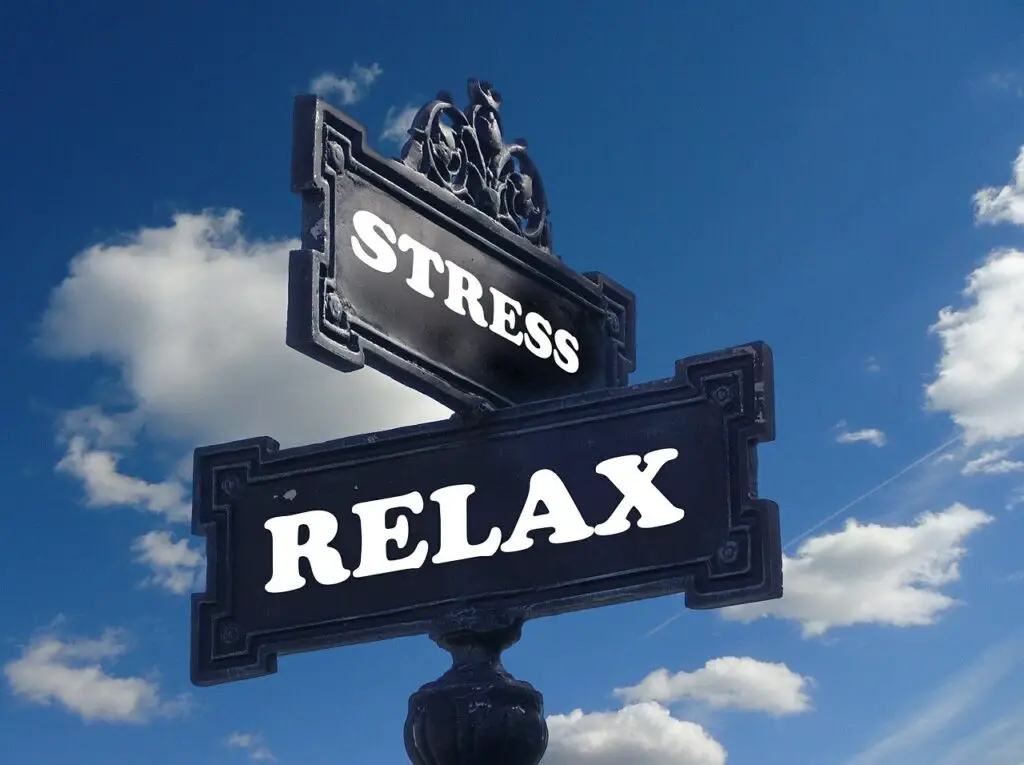
- Plan Detailed Itinerary: It can give a sense of being in control and thus reduce stress if you know exactly what you are doing with your trip. Include flight times, check-in procedures at the hotel, and all transportations. However, do not forget to leave little bits of flexibility in the schedule so as to create room for spontaneity.
- Pack smartly: Packing can be really stressful, especially if you have to carry a lot with you and forget something as important as this. Do a proper packing list much in advance and recap it at the last moment before leaving. Pac Reliable, versatile clothing that may be carried and be paired at will. Also, make sure to consider the climate and the activities you shall undertake. Well-organized suitcases make for a smoother journey.
- Prepare for Emergencies: Nobody likes to think about worst-case scenarios, but by preparing for them, you can reduce stress. Make copies of important documents such as your passport and travel insurance and store these safely. Find out where you country’s embassy or consulate is located in case you need them in an emergency.
- Set Budget: In no time, the financial pressure may outway the joy of traveling. Carefully set your budget, encompassing accommodations, meals, activities, and a well-set buffer for such unexpected expenses. You may also use a travel budgeting application that keeps track of your expenditure to guide you on where you might be overindulging.
Preparing as much as possible can certainly help minimize travel stress, but it is also imperative to recall that things do not always go according to a predetermined schedule. That is where flexibility comes into play.
The Need for Flexibility
Preparing is in order, but being too rigid with your plans will indeed create stress if things don’t go as expected. Flexibility allows you to roll with the punches and appreciate the unexpected. Here is how you can adopt a flexible mindset:
Expect the unexpected: You would never know when delays, changes in plans, or unforeseen problems might arise. By thinking things may not go as planned, you’re mentally setting yourself up to face these situations with a positive attitude.
Take a leap of faith and allow spontaneity to be part of your experience. Sometimes the best experience while traveling comes out when you least expect it. It could be discovering a neighborhood festival, making some new friends, or just stumbling over some overlooked gem. Being open to such spontaneous adventure can make your trip not only memorable but less stressful.
Having a plan B. Nothing’s impossible to plan for, but when expectations turn into unexpected, sometimes that’s where the magic of having a plan B comes in. Know alternative ways to get to the destination if you miss your flight; know an alternative set of things to do if the thing you planned falls through.
Flexibility is not mere compliance with change but embracing the journey itself with all its fluctuations. It can help you to be more comfortable with travel stress and make your trip a true pleasure.
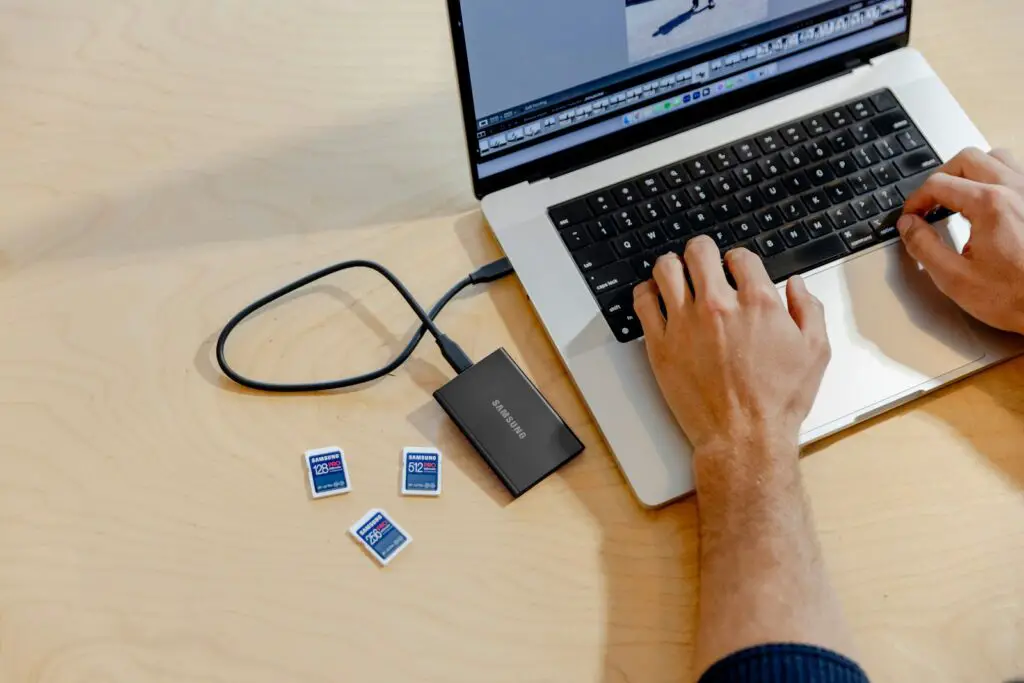
Mindful Packing: Less is More
Packing is one of the most frustrating aspects of traveling, especially when attempting to fit everything into limited luggage. Overpacking tends to make the bags too heavy; and the fees of excess baggage can cost a pretty penny and extra cases are an inconvenience. Underpacking might mean missing a few very essential things. Here are some mindfulness tips for packing:
- Pack Versatile Clothing: The clothing items should be such that they can be mixed and matched to wear the same set of items in a few ways. Neutral colors with some dressy or casual will save space and help one make a decision in a moment of indecision as to which dress to wear each day.
- Packing cubes: Packing cubes will sort your clothes and keep things in order; consequently, items you seek can easily be found without rummaging through all items in the luggage.
- Limit Shoes and Accessories: Shoes make up a lot of your luggage space. Choose just one or two pairs, preferably one that’s comfortable and versatile enough to be used for numerous outfits. Same goes with accessories-bring only what you really need and bring things that could be mixed and matched.
- Consider the Climate: You should consider the climate at your destination and pack based on the climate. There is no need to take bulky sweaters if you are traveling to a warm climate. For colder destinations, layer clothing so you do not have too much to carry.
- Pack a Travel First Aid Kit: Of course, you don’t need to bring an entire pharmacy, but it is nice to have a small first aid kit with pain relievers, band-aids, and any prescription medications.
- Leave Room for Souvenirs: In case there is shopping during the trip, then some extra space should be kept free in your luggage for souvenirs or any purchase. This will save you from complications when trying to stuff in everything on the way back.
Packing mindfully reduces luggage stress and ensures everything is in place for comfort and fun.
Navigating Airports with Ease
The stress of travel happens often at the airport. Looming lines, checks, and swarms of people thronging the terminals, all while there is this pressure of missing your flight can really be overwhelming. But with some few strategies, you can well navigate the airports with ease:
- Arrive Early
- Be Organized
- Know Your Terminal
- Use Technology
- Enroll in a Trusted Traveler Programs
- Pack a Carry-On Survival Kit
- Practice Patience and Courtesy
It’s not a stressing process if you are well prepared and mentally set to go through the airports. One can travel quite comfortably and begin the tour with a positive mood.
Time Zone Management and Jet Lag
This is one of the hassles of traveling long distances, but it often causes jet lag-a temporary sleep disorder triggered when your body’s internal clock clashes with the local time. Jet lag causes fatigue and irritability, not to mention difficulty concentrating, all aspects that contribute to travel stress. So how do you cross time zones with the least inconvenience and jet lag?
Staying Healthy on the Road
Traveling causes various health problems and can be quite stressful, especially when one is far from his/her home country, where the quality of medical care can be different from what he or she is accustomed to. Staying healthy on the road is crucial in preventing illness and allowing you to enjoy your trip in its entirety
Embracing Local Culture
One of the pleasures that travel holds is exposure to different cultures and traditions; however, most of the time it brings stress, especially if you don’t know about the local culture. Adopting the local culture may be one of the best ways to improve your travel experience in order to connect with people and places around you.
By being part of the local culture, you not only reduce stress but you also make travel rich. You have a good, deeper sense of appreciation for the place you are visiting as well as creating connections that make your journey more meaningful.
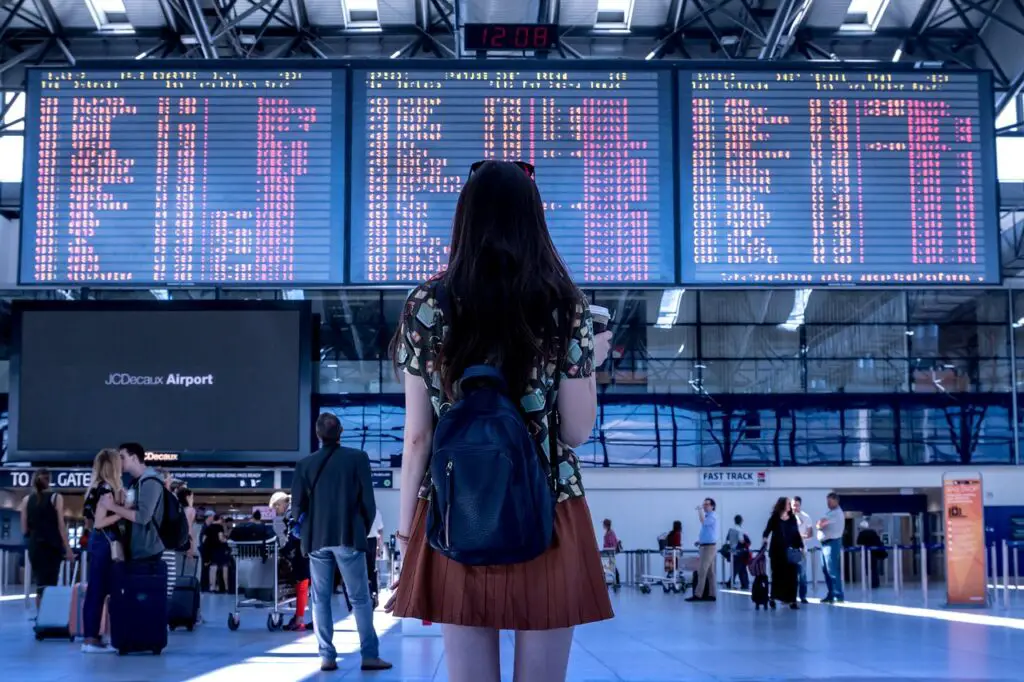
Role of Technology
How does the Role of Technology contribute to Reducing Stress?
Indeed, technology these days has made traveling so much easier: easy planning and navigation and the ability to stay connected on the go. Conversely, if improper utilization is done, it can also add stress to one’s travel, thus here’s the list of using technology for your travels:
Use Travel Apps: Literally thousands of travel apps can make your trip less hassle, for example, flight trackers, hotel booking apps, translation apps, and even currency exchange apps, among others. Download them into your phone and familiarize yourself with them before heading out.
Keep in touch with your close family and friends so that you could stay as comforted and accompanied as possible while away from home. Utilize some messaging apps like WhatsApp or Skype. Be prepared for a local SIM card or an international data plan because the roaming charges may be pretty high.
Save Valuable Documents You may panic if you lose your passport or miss an important connecting flight as you could not find your travel itinerary. You can upload digitized copies of your important documents on cloud storage services like Google Drive or Dropbox so you can access them from any device when you need to do so.
Plan Your Trip: Organize your traveling plans into an itinerary. Use one of the many itinerary management apps on your smartphone, such as TripIt or Google Trips, to store all of your travel information in one place. For instance, you can use these apps to organize bookings for flights, hotels, and activities, providing even real-time updates and suggestions for things to see at the destinations.
Stay Informed: Here you will get all information through news apps and travel advisories about some development which could impact your travel-mostly the weather or possibly the health of a certain country besides political unrests. This helps you be better prepared and to avoid stressful situations.
GPS and Maps: Perhaps the worst feeling ever is getting lost somewhere you have never been. GPS and map applications like Google Maps or Waze can now guide you through any place with full confidence. They also tell you where the nearest restaurants, attractions, and public transport are.
Be sensitive about screen time: As great as the various kinds of technology are, though, they need balance with actual life. Too many hours on the phone or computer take away from the fun of traveling and add stress to it all. Set boundaries about when you are going to use technology and how.
Lock Your Appliances: Electronic devices might be at risk if it is taken while traveling without adequate precaution. Strong password, two-factor authentication, and using a VPN while establishing public Wi-Fi connectivity will help prevent exposure of your personal info and reduce the chances of cyber attacks.
Your nights, when you finally decide to wind down after long hours of traveling, use technology to your advantage. You can download those meditation apps like Headspace or Calm, listen to relaxing music or nature sounds, or even watch a movie or a television show to wind down before bed time.
Technology can thus be very helpful and remove the major part of the stress one encounters while traveling, if one uses it sensibly. One can thus remain well-organized, well-informed, and well-connected, and hence enjoy proper time to enjoy ones’ trips.
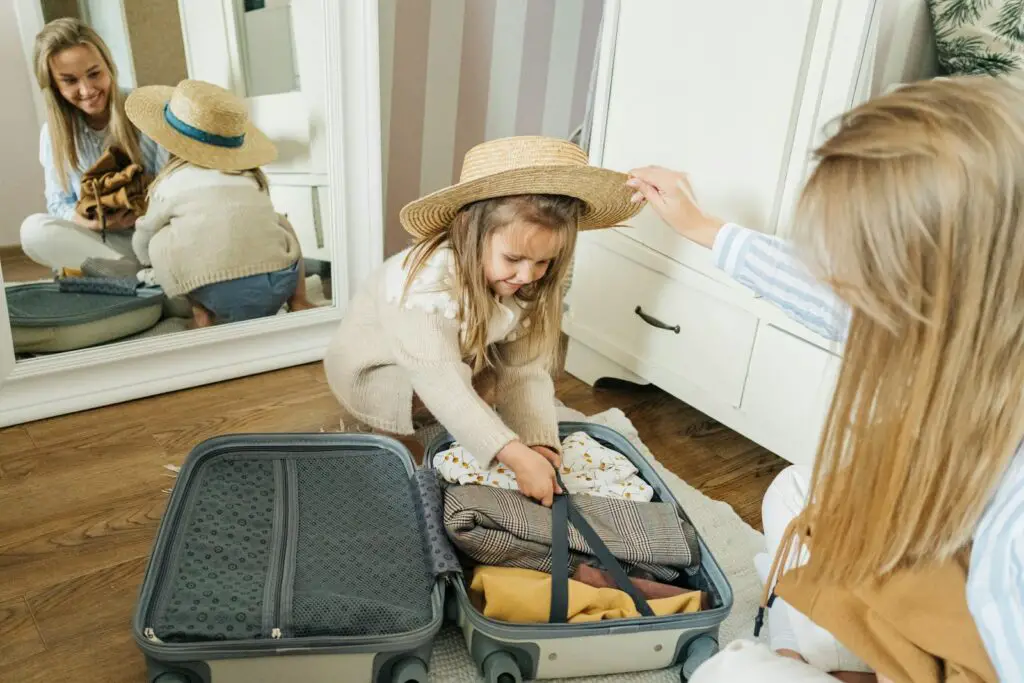
How Our Team Generated These Ideas
From a combination of personal experiences, research, and shared insights between fellow travelers, we created our team approach to making this guide on managing travel stress. We first reflected on our own journeys—both the smooth sailing and the bumps along the way.
We then sought the views and experiences of our travel-loving community, sharing with each other stories, tips, and techniques on how to manage stress. In this collective source, guided by rich diversity and living examples, we curated a holistic guide that is indeed practical and grounded in reality.
Conclusion: The Art of Stress-Free Travel
It may be enjoyable in lifetime, but it could also be the reason for much stress if traveled by the wrong approach. Understanding what causes travel stress and by applying some of the tips and techniques employed in this guide, one could easily turn challenges that come along in traveling into great opportunities for growth, learning, and enjoyment.
Whether it is planning the trip, getting through airports, dealing with multiple time zones, staying healthy, embracing the local culture, wisely using technology, or even discovering new friends while traveling, everything brings you closer to what is known as the essence of traveling: discovery, adventure, and long-lasting memories.
Remember, relaxed travel does not mean everything will go right. It is being prepared to bend and flex and finding joy in the journey-no matter what gets you off track along the way-with the right approach, every trip can be fulfilling and stress free.

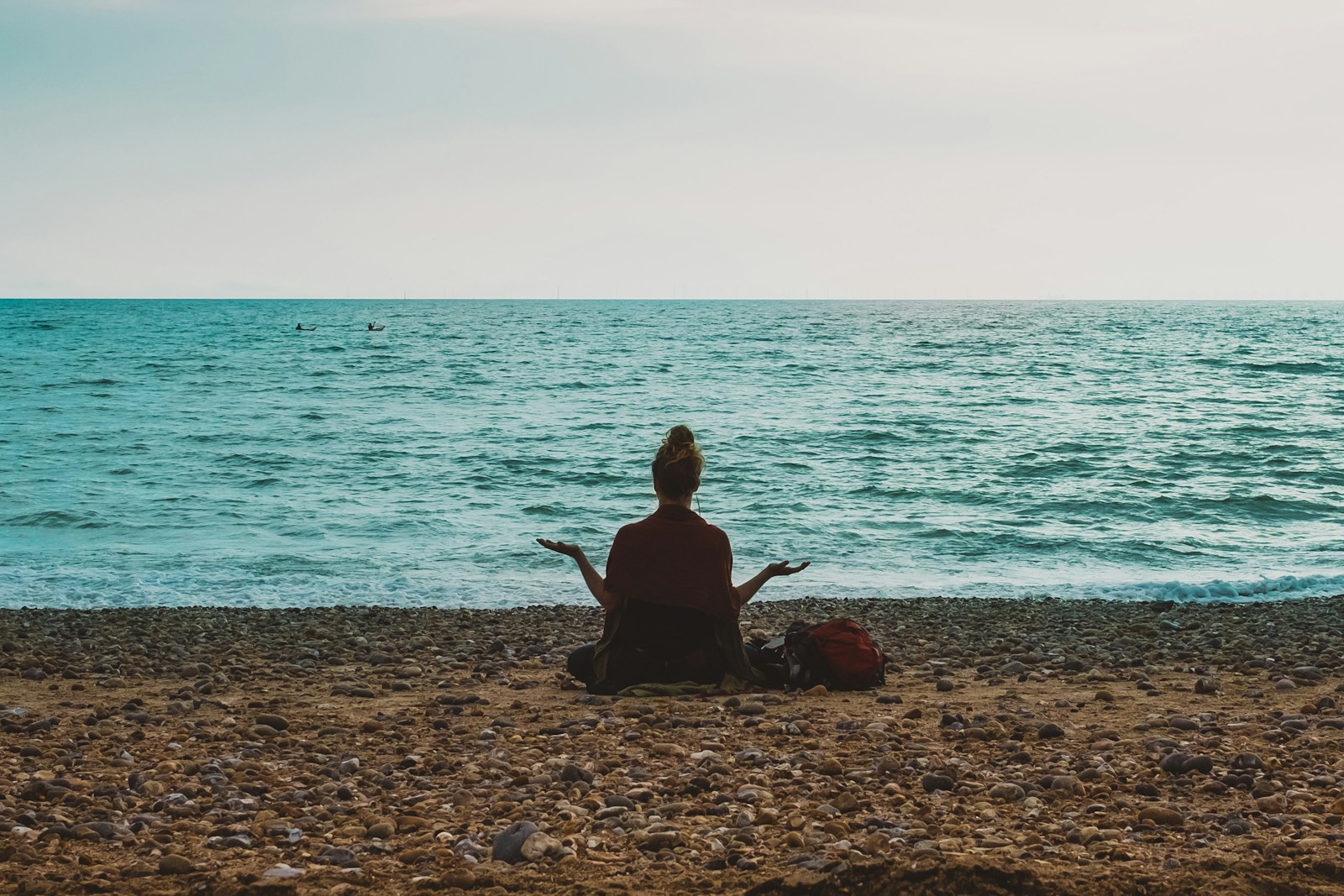
Leave a Reply